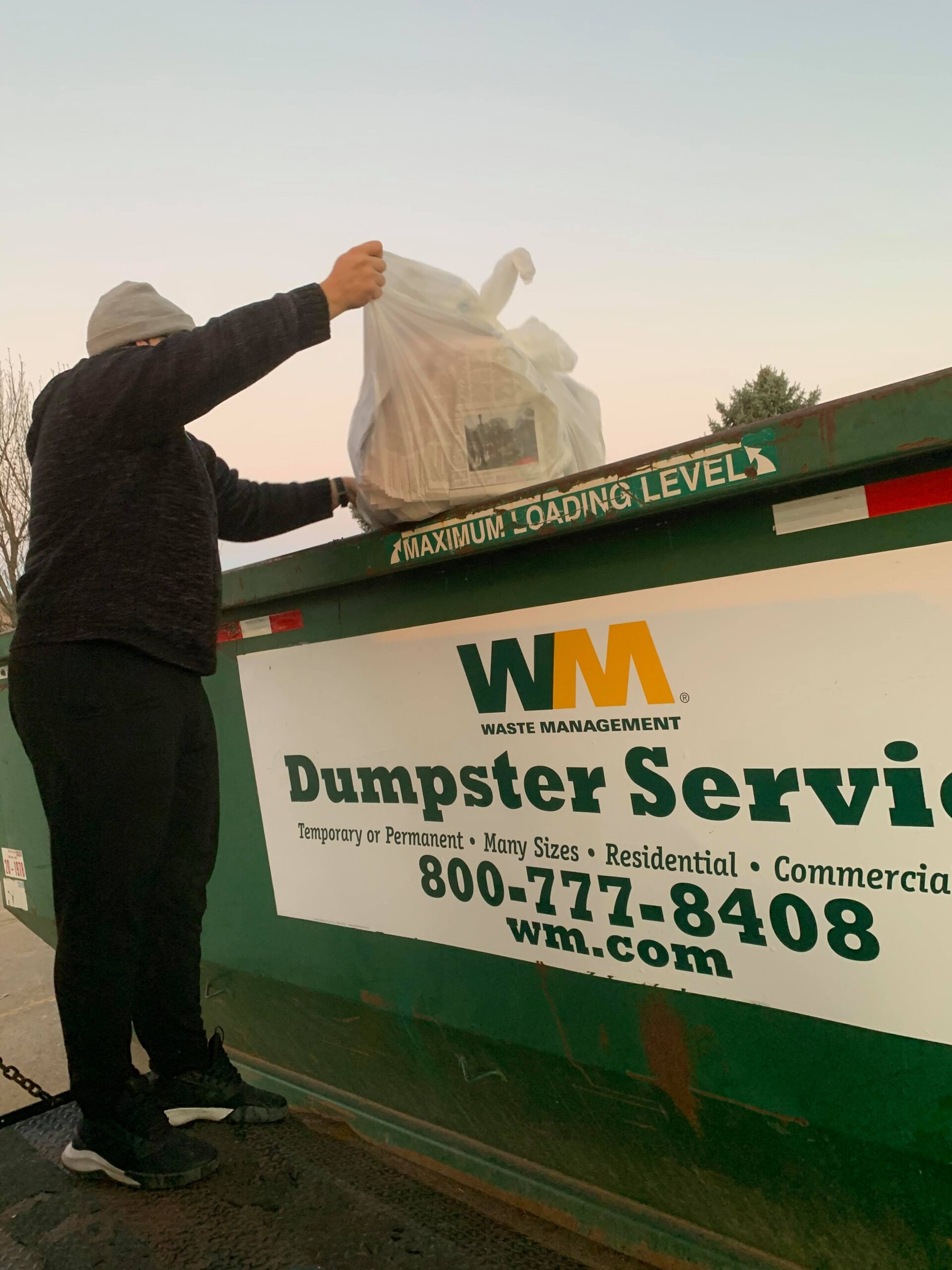
USD students work to build a culture of resourcefulness on campus
For years USD has not had many consistent recycling acts set in place. However, two sustainability students are planning to change that for good.
Caitlin Reimers, a junior sustainability major and campus recycling coordinator, and Anna Moore, a graduate student, have been working together to plan a campus initiative for recycling.
Starting with North Complex and Brookman, Reimers and Moore are implementing a recycling initiative to help make recycling more easily accessible to students on campus.
“My personal goal is to have recycling in all of the residence halls, so if it goes well, we want it to be added to Burgess, Norton, McFadden and Coyote,” Reimers said.
To help fund the initiative Reimers applied for the Green Initiative Fund through USD and was supplied $5,000 to help implement the initiative to campus.
“I proposed that every room in every resident hall would have a recycling and landfill bin placed into their rooms starting next semester,” Reimers said.
Reimers said these bins will help make recycling and separating waste much easier and accessible to students. They can then bring their bins down when they dispose of their garbage and empty the bins into blue recycling bins that can hold up to seven gallons of recyclable waste and will be placed in lobbies or other convenient areas.
Moore is a part of USD’s recycling team for undergraduate students. The group will pick up the recycled waste as needed throughout the week and help transport it to Sioux Falls’s Millennium recycling center.
“We found that Vermillion only recycles plastics one and two where Sioux Falls will do one through seven which really expands what we are capable of doing,” Reimers said.
Plastics one and two include waste such as water bottles, milk jugs and shower products. By allowing plastics one through seven, more waste is accepted like bottles for chemical products, plastic bags, car bumpers, flowerpots, ashtrays and bio-based plastics.
Moore’s team has also been working on implementing recycling to other buildings on campus and as of right now they have recycling bins in 20 buildings.
“The plan is to honestly expand as fast as we can,” Moore said.
Moore said it’s important to implement recycling to show students how much waste they create and to help them know the differences between their waste. For hazardous and toxic waste, a hazardous waste disposal program needs to be established.
“Since 2018, USD has reached their landmark of recycling 100,000 pounds of waste, but in September 2020 alone the amount of non-recycled material sent to landfills, dumpsters and roll offs across campus was more than 200,000 pounds,” Moore said.
Reimers said recycling is one of the easiest and most convenient ways to become more sustainable.
“This is really just a small step where I hope USD will allow more sustainability majors like me to have more opportunities to branch out to more sustainable initiatives,” Reimers said.
Students interested in recycling and sustainability have several resources available to them.
“The Presidents’ Joint Committee on Sustainability is a resource for students who want to get involved, as is the Green Initiative Fund, the Post-Landfill Action Network and myself,” Moore said.
Reimers and Moore said they hope these recycling initiatives will help educate students more on the importance of recycling and taking care of their own wastes.
“I think this is one of the ways that we can start to build a culture of resourcefulness on campus by giving students a simple, convenient way to get started in their own lives,” Moore said.


